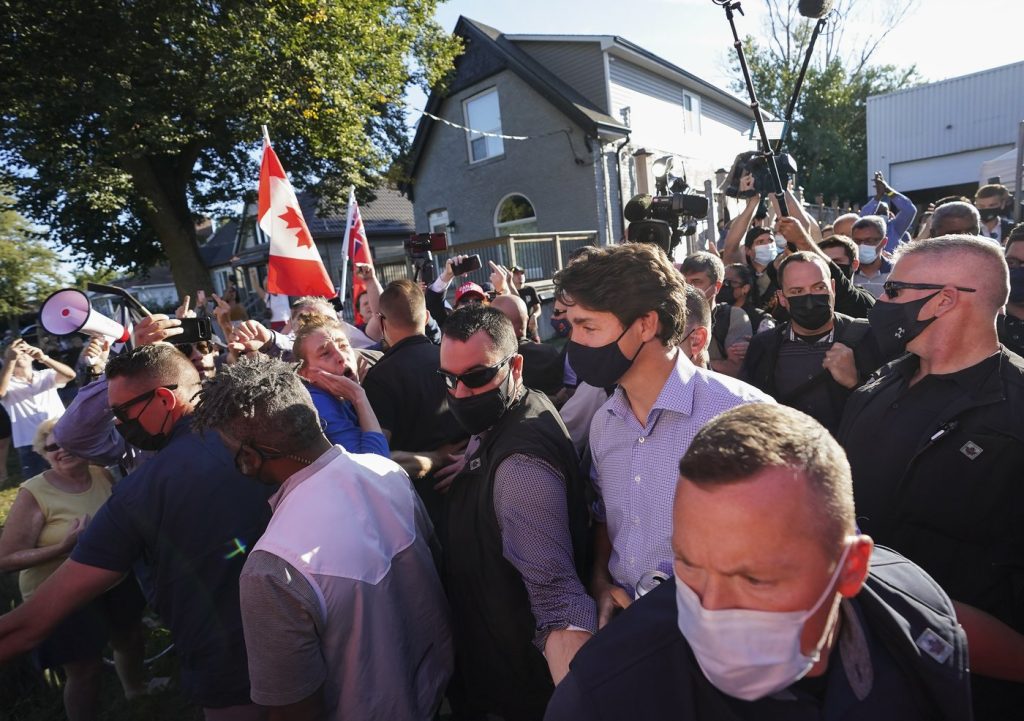OTTAWA A newly released internal evaluation report from the Royal Canadian Mounted Police (RCMP) has raised significant concerns regarding the Protective Behavioural Analysis Unit, which is tasked with safeguarding the prime minister and other public officials. The report indicates that the unit is at risk of burnout due to overwhelming workloads and inadequate resources.
Since its establishment in 2020, the Protective Behavioural Analysis Unit has encountered numerous challenges, leading to an "incomplete and inefficient" program implementation. The evaluation, conducted by RCMP reviewers, concludes that the current structure and mandate of the unit are "not sustainable," prompting the need for immediate and long-term reforms to ensure the unit's effectiveness and longevity.
The unit's role is to provide operational support for protective services within the RCMP. It employs behavioral science methodologies to assess risks aimed at preventing violence against high-profile individuals. However, as Canada approaches a federal election campaign, where candidates are expected to engage in various public events, the urgency of enhancing security measures has intensified.
In recent years, politicians have faced an alarming increase in safety threats, including being followed and receiving death threats. The report notes that threats targeting public officials have surged, with the number of recorded threats rising from approximately 1,300 in 2022 to an estimated 2,600 in 2023, and projections suggest that it may exceed 3,500 by 2024.
This escalation in threats necessitates improved protection strategies. The report emphasizes that, in light of increasing threats and aggression towards VIPs both in Canada and globally, it is imperative for organizations responsible for safeguarding these individuals to systematically identify, assess, and monitor risks.
The Protective Behavioural Analysis Unit utilizes certified threat specialists and employs a scientific approach to risk mitigation and management strategies to enhance the safety and protection of individuals under threat. Feedback from individuals interviewed for the report indicates that the unit's services have been effective in addressing the evolving needs of protective policing.
Despite this feedback, the evaluation highlighted several implementation gaps that have persisted after three-and-a-half years of operation. These gaps include insufficient analyst support for threat specialists, incomplete standard operating procedures, ambiguities regarding roles and responsibilities, and extended training durations that exceed the initially projected two years.
The report also underscores that the volume of tasks assigned to the unit, paired with the absence of a streamlined triage process, has led to significant backlogs and heavy workloads. These challenges have raised alarms regarding the potential for undetected threats or improper assessments and monitoring of existing threats.
The review found that the stress of workload demands, alongside extensive training obligations, has surpassed the capacity of the unit, consequently endangering the well-being and work-life balance of staff members. It noted, "The success of the unit to date has been largely due to its knowledgeable and dedicated staff, but these employees are at risk of burnout."
In response to these findings, senior management within the RCMP has expressed intentions to enhance unit resources and introduce effective task prioritization strategies to mitigate workload issues. An accompanying management response to the evaluation outlines a series of initiatives the RCMP aims to implement, with timelines stretching from this month up to March 2027.
The challenges highlighted in the report underscore the vital need for a comprehensive evaluation and restructuring of the Protective Behavioural Analysis Unit to ensure the safety and security of public officials as they navigate increasingly perilous environments.










